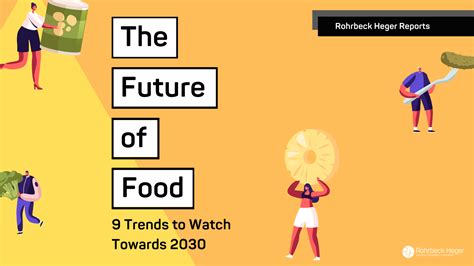Introduction
Globally, the demand for protein is skyrocketing. Traditional sources like meat, fish, and dairy are struggling to keep up, leading to concerns about food security. In this context, insects have emerged as a promising alternative protein source, and ants are one of the most versatile and nutritious insects on the planet. This article explores the potential of ants as a sustainable, protein-rich food source, highlighting their nutritional value, environmental benefits, and culinary applications.

Nutritional Value of Ants
Ants are an excellent source of protein, containing up to 60% of their dry weight in protein. Their protein content rivals that of traditional protein sources like meat and fish, but with a significantly lower environmental impact. Moreover, ants are rich in essential amino acids, making them a complete protein source.
In addition to protein, ants are a good source of other essential nutrients. They are high in fiber, which promotes digestive health and lowers cholesterol levels. Ants also contain essential minerals like calcium, iron, and zinc, as well as vitamins A, B12, and D.
Environmental Benefits of Ant Farming
Ant farming offers numerous environmental benefits compared to traditional protein production. Firstly, ants can be reared on organic waste and byproducts, contributing to waste reduction and sustainable waste management. Secondly, ant farming requires significantly less land, water, and energy compared to livestock farming.
According to the Food and Agriculture Organization (FAO), livestock farming accounts for approximately 18% of global greenhouse gas emissions. Ant farming, on the other hand, has a negligible carbon footprint, making it a climate-friendly protein source.
Culinary Applications of Ants
Ants have been consumed as food for centuries by many cultures around the world. Their unique flavor has been described as nutty, tangy, and slightly sour. Ants can be incorporated into a wide range of culinary applications, from snacks to main courses.
Some common culinary uses of ants include:
- Toasted as a topping for salads, soups, and rice dishes
- Ground into a powder and used as a seasoning or condiment
- Incorporated into sauces, dips, and marinades
- Candied or honey-roasted as a sweet treat
- Used as a filling for tacos, dumplings, and empanadas
Sustainability and Future Trends
The future of food protein is inextricably linked to sustainability. Ants offer a highly sustainable protein source that has the potential to meet the growing global demand for food. Furthermore, ant farming can contribute to waste reduction, land conservation, and climate change mitigation.
As research and development continue, new applications for ants as a food source continue to emerge. One promising area of research is the use of ant-based protein in food fortification programs to address malnutrition in developing countries.
Tips and Tricks for Incorporating Ants into Your Diet
Integrating ants into your diet is easy and can be done in various ways. Here are a few tips:
- Start small: Add a few toasted ants to your salad or soup as a flavor enhancer.
- Experiment with different ant species: Each ant species has a slightly different flavor profile. Try different types to discover your favorites.
- Consider ant powder: Ant powder is a versatile ingredient that can be added to smoothies, baked goods, or sprinkled on top of dishes.
Common Mistakes to Avoid
While incorporating ants into your diet is generally safe, there are a few potential pitfalls to be aware of:
- Avoid allergic reactions: Some people may be allergic to ant bites or stings. If you experience any adverse reactions after eating ants, discontinue use and consult a medical professional.
- Cook ants thoroughly: Always cook ants thoroughly before consuming them. This will kill any potential parasites or bacteria.
- Do not overconsume: As with all foods, moderation is key. Eating excessive amounts of ants may lead to digestive discomfort.
Reviews
“Ants are the new superfood!” – Dr. Mark Post, Maastricht University
“Ant farming offers a sustainable and nutritious solution to the global food crisis.” – Dr. Arnold van Huis, Wageningen University
“The tangy flavor of ants adds a unique depth to my dishes.” – Chef Dominique Crenn, Atelier Crenn
“Ant-based protein powder is an excellent alternative for vegans and vegetarians seeking a complete protein source.” – Dr. Ryan Abbott, University of California, Davis
Conclusion
Ants are a promising and sustainable protein source that has the potential to transform the future of food. Their high nutritional value, environmental benefits, and culinary versatility make them a valuable addition to our diets. As research and development continue, we can expect even more innovative and exciting applications for ants as a food source. By embracing the consumption of ants, we can contribute to a more sustainable and food-secure future for our planet.





















